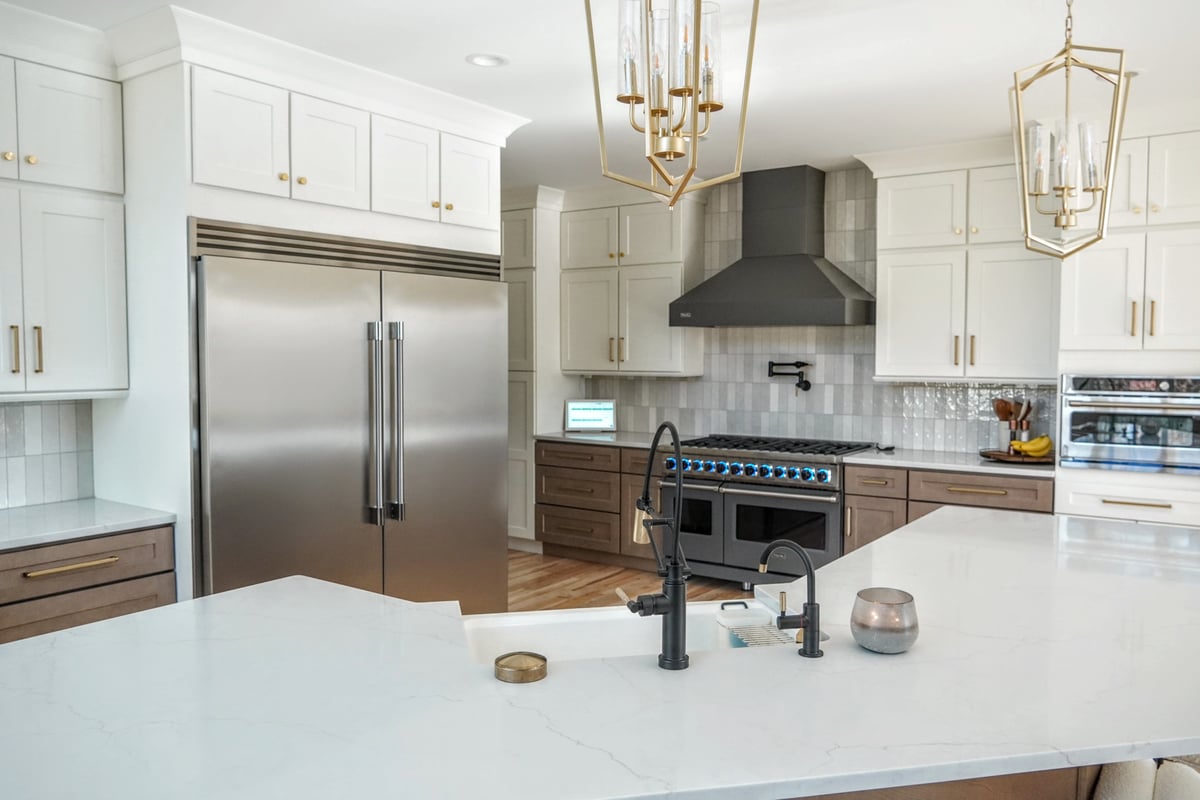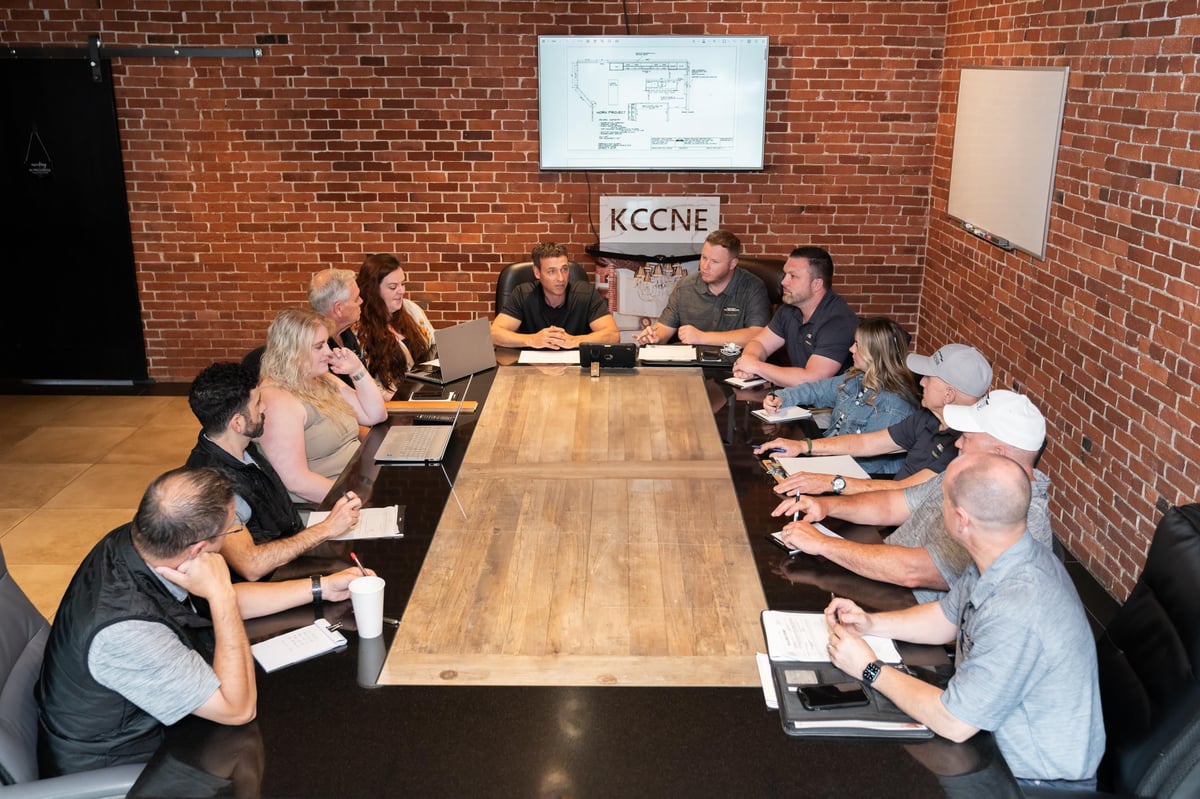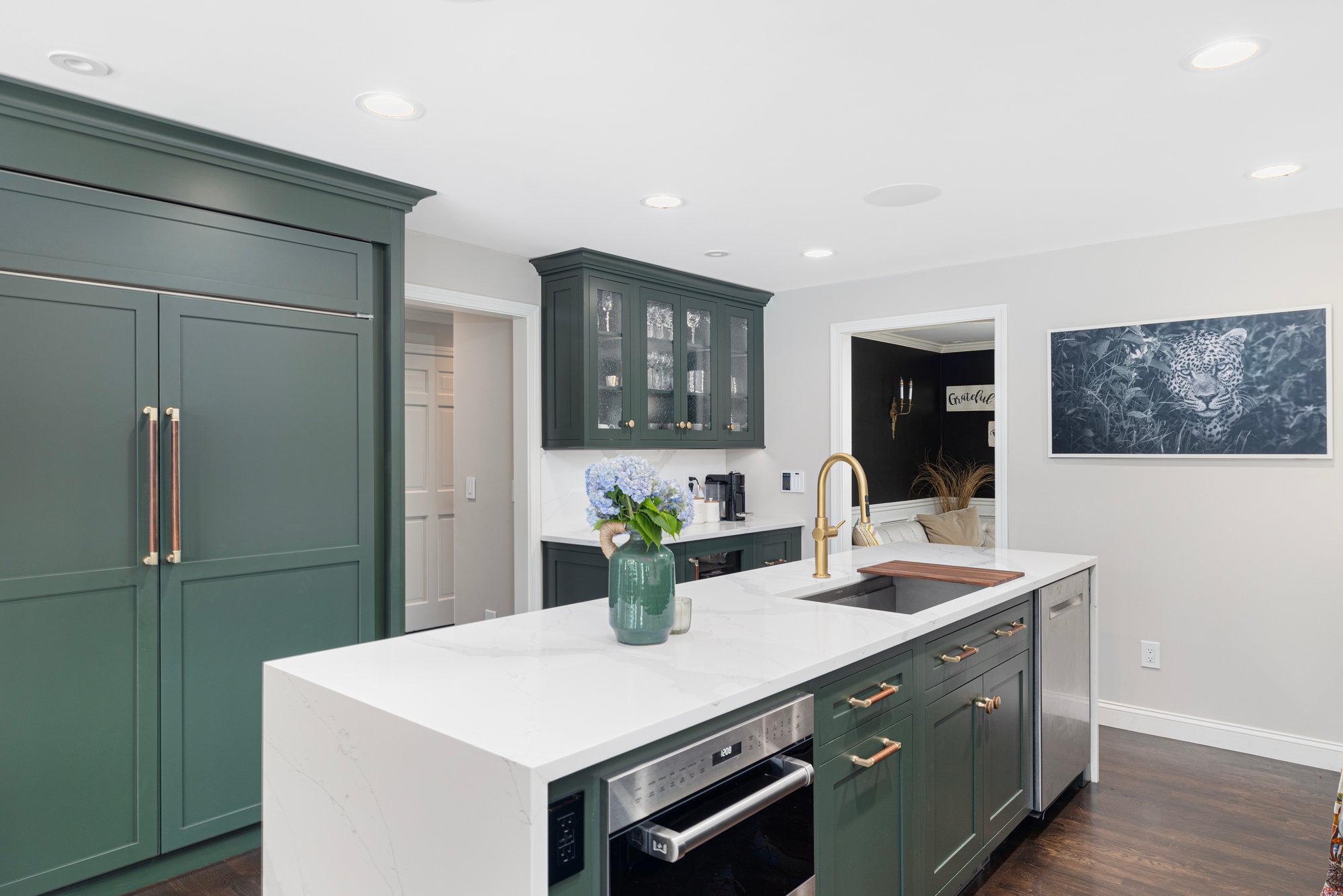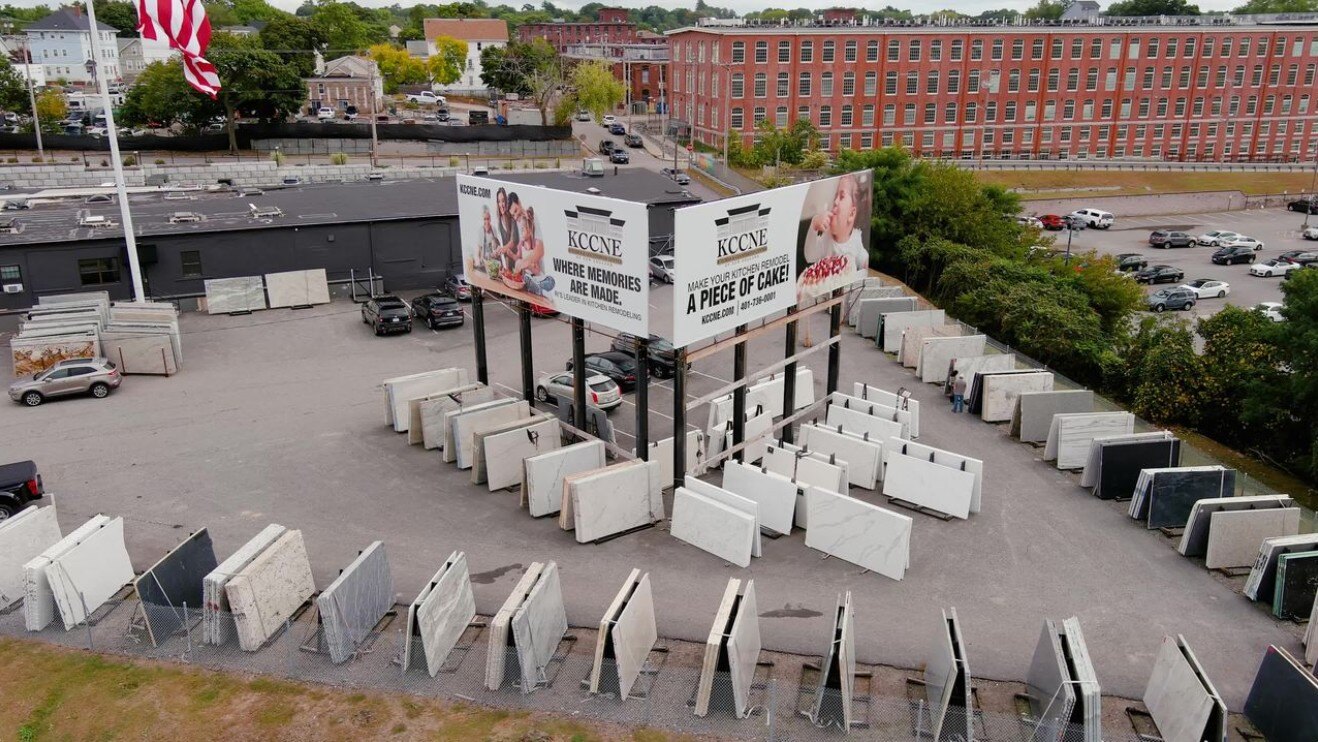-
.jpg?width=1024&height=682&name=361643237_659561406204411_1734939995603893193_n-1024x6829(1).jpg)
New England’s Premier Kitchen Design & Remodeling Company
-
.jpg?width=2048&height=1366&name=large-1f25062c-6a23-4c2f-a784-dfa40a1a366c(1).jpg) Cabinets, Countertops, & Full Custom Kitchen Remodels Available
Cabinets, Countertops, & Full Custom Kitchen Remodels Available
Experience the Difference: Luxury Kitchens & Countertops Without the Stress.
We offer unrivaled kitchen design and remodeling solutions, combining state-of-the-art craftsmanship with a strong emphasis on collaboration and communication. Our industry-leading expertise ensures that every project meets the highest standards of quality.


One Vision, one team!
At every step of the journey, our team is driven by purpose and compassion. We create spaces that feel as good as they look—blending beauty, function, and heartfelt collaboration. Because when a team truly cares, “Teamwork makes the dream work.”















We Create the Space, You Create the Memories.
From the first meeting to the final reveal, our team is honored to be part of our clients' home journeys. Explore our recent projects and discover what it's like to remodel with KCCNE.

Designed for Living. Built for Everyday Style.
Explore our portfolio of thoughtfully designed spaces — a showcase of timeless style, practical function, and everyday inspiration.

Stone Countertops
We source only the finest materials and products, including premium countertops, ensuring that every detail meets the highest standards of quality.
Let our endless reviews speak for themselves.
Make Your Dreams a Reality
Work with our dedicated team to bring to life a kitchen that fulfills your aspirations in both beauty and practicality.
